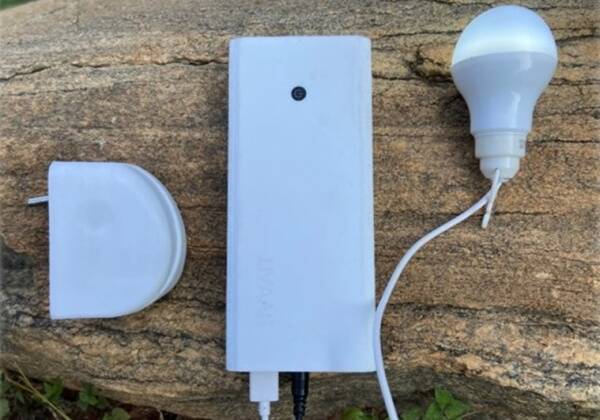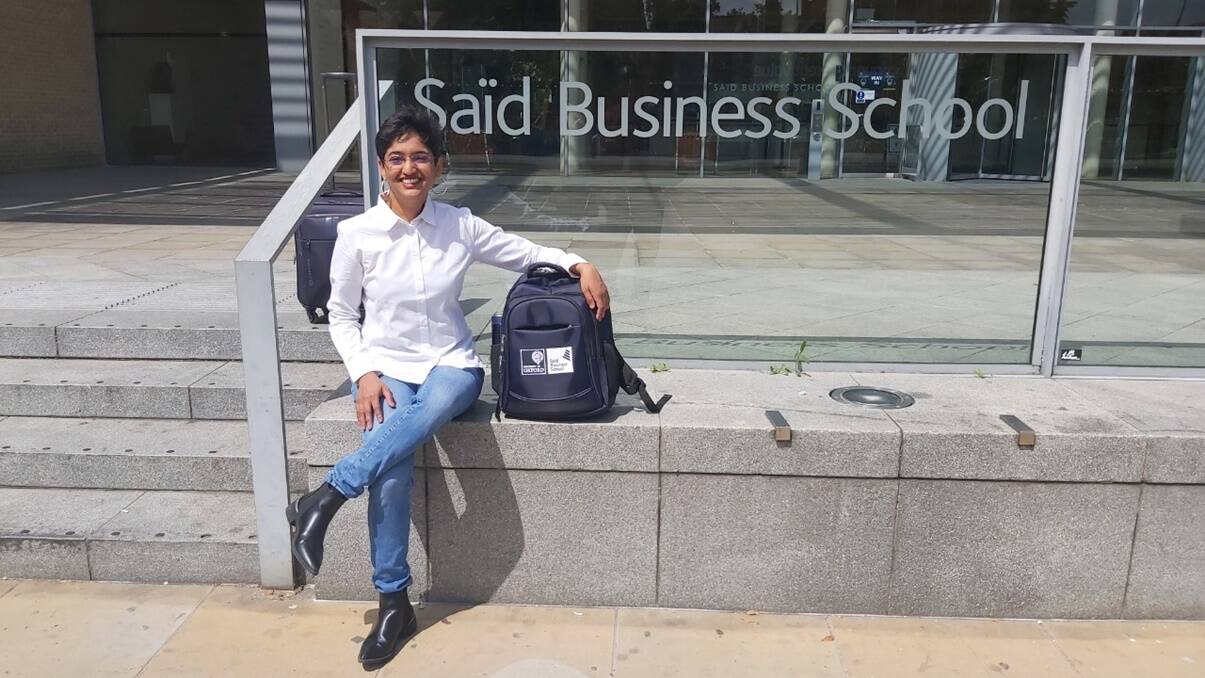A Bengaluru student has won an Oxford award for developing a low-cost portal energy model.
Prerna Wasikar, a student from Bengaluru, won Vice-Chancellor’s Social Impact Award at the University of Oxford for developing a model for a portable energy device. Her efforts were to provide more affordable and portable energy using a lithium-ion battery. The device looks similar to a power bank that can be charged using either a solar panel or an electric grid, both of which are integrated within the device itself.
As informed by Wasikar, the device is less than 500 grams and a daisy chain of 10 such units can generate power to run a small refrigerator. The battery, once charged, would function for 6 to 8 hours, can provide 75Wh, and would help to run three other devices simultaneously.
“The Covid-19 crisis hit micro the most as their survival and chances of swift revival were meagre in times of uncertainty. This led to a thought that a push for making energy accessible affordable would help several street vendors and hawkers in India and in other parts of the world to speed up their livelihoods to an extent,” she said.
During her work in Ethiopia and Nigeria, where pushcart vendors are common, the idea of the portable energy model first came. Wasikar said that while electric charging is possible in most parts of India, they developed the solar panel keeping in mind other countries where power supply interruptions are rampant.
While working on her most recent project with the Wadhwani Foundation on the MSME sector, she uncovered that micro & nano entrepreneurs make up over 95% of the total businesses in India and there is a vast gap in customer access and support for this section.

Realising the opportunities and privileges she had while studying at Oxford, she felt the urge to take action towards helping the millions back in India who are struggling for their daily survival. Wasikar leveraged her knowledge in technology and public policy and vast experience working with the underprivileged sections of society to start her company, Jeeva Global.
“I founded this company in response to support the most deprived segment micro and nano entrepreneurs who have been deprived of government support and livelihoods due to COVID,” stated Wasikar.
Now in its pilot phase in Varanasi, Wasikar hopes to ensure that the device reaches other countries as well to be used for more purposes. “This device has a utility potential beyond pushcart vendors to provide energy access to power small lights in schools, at mobile hospitals, and to assist people running other small businesses as well”.
– Akansha Jain

